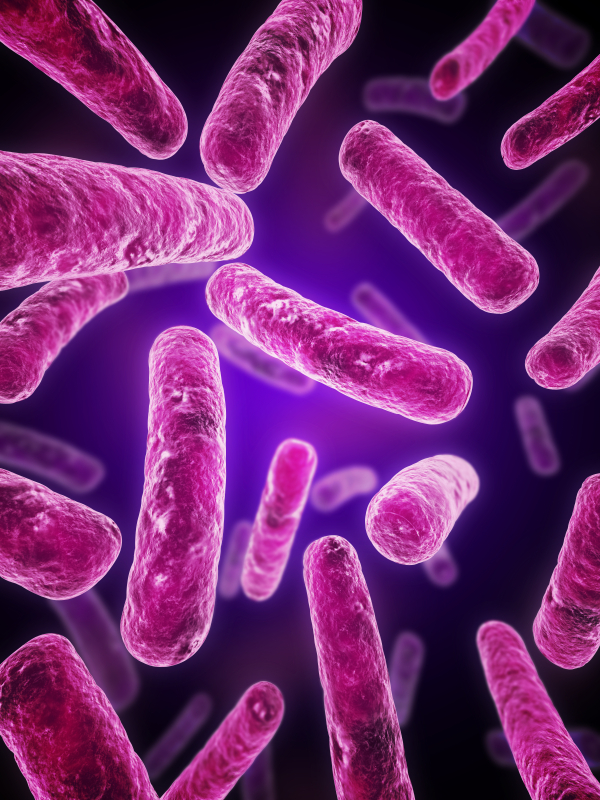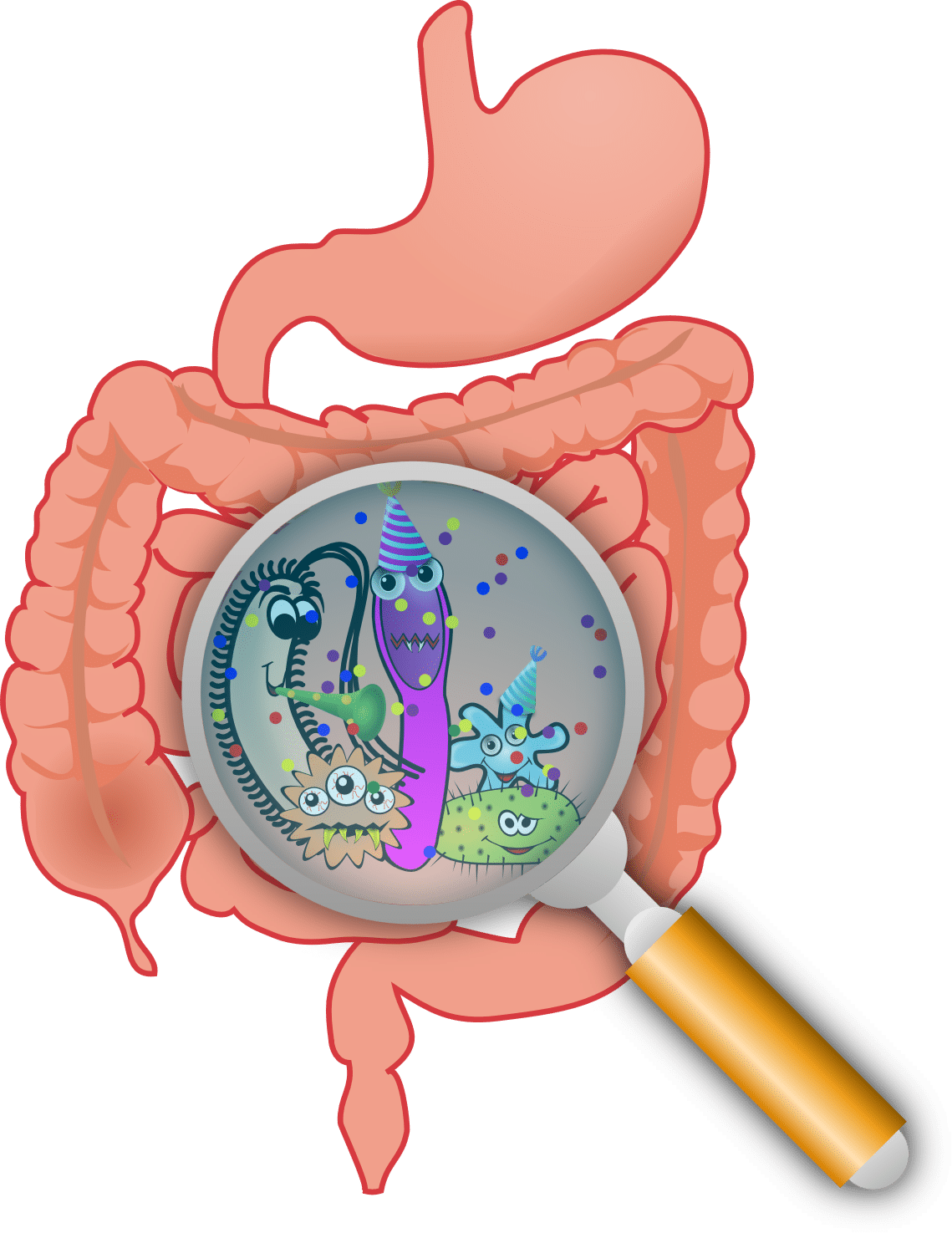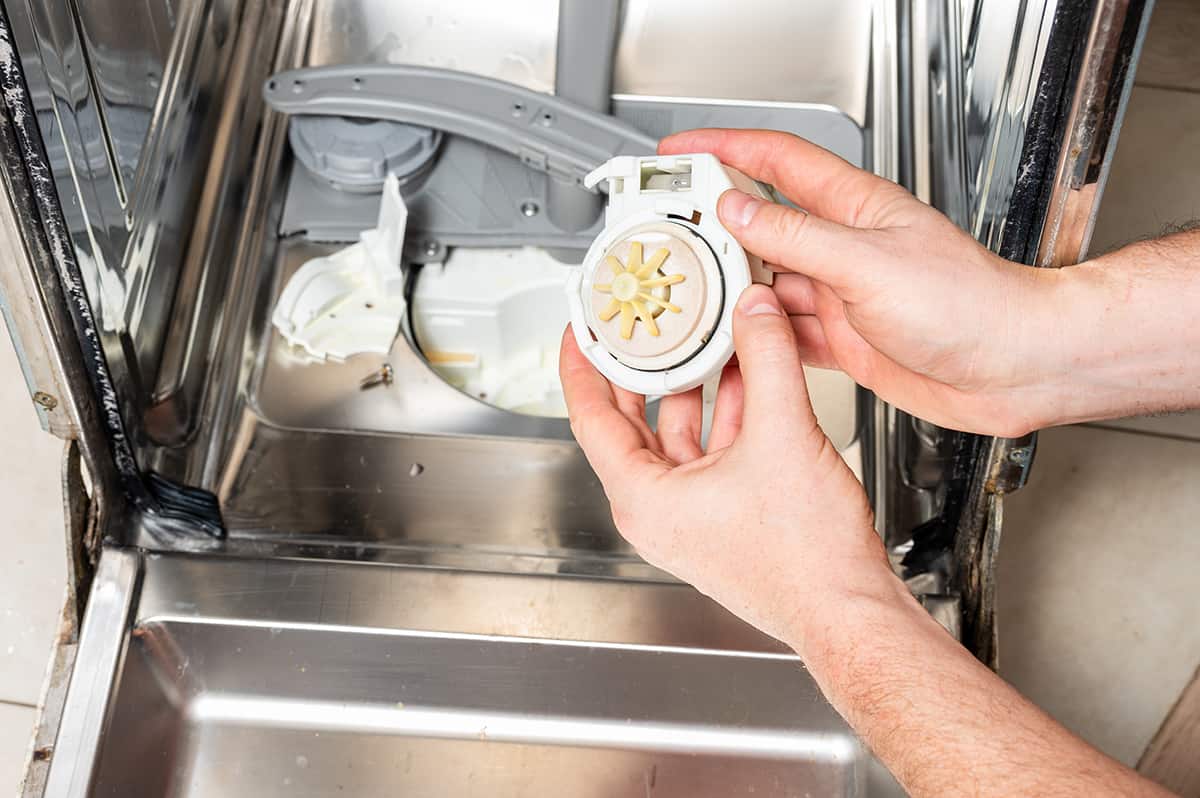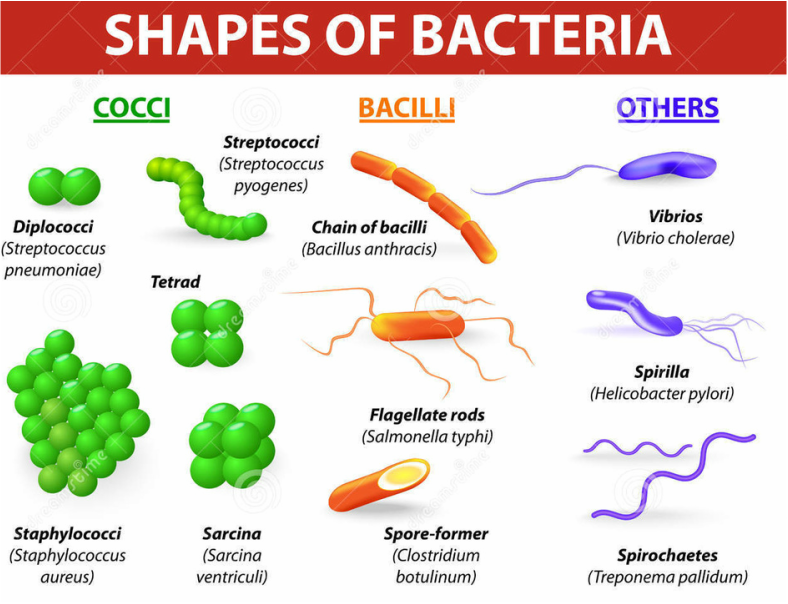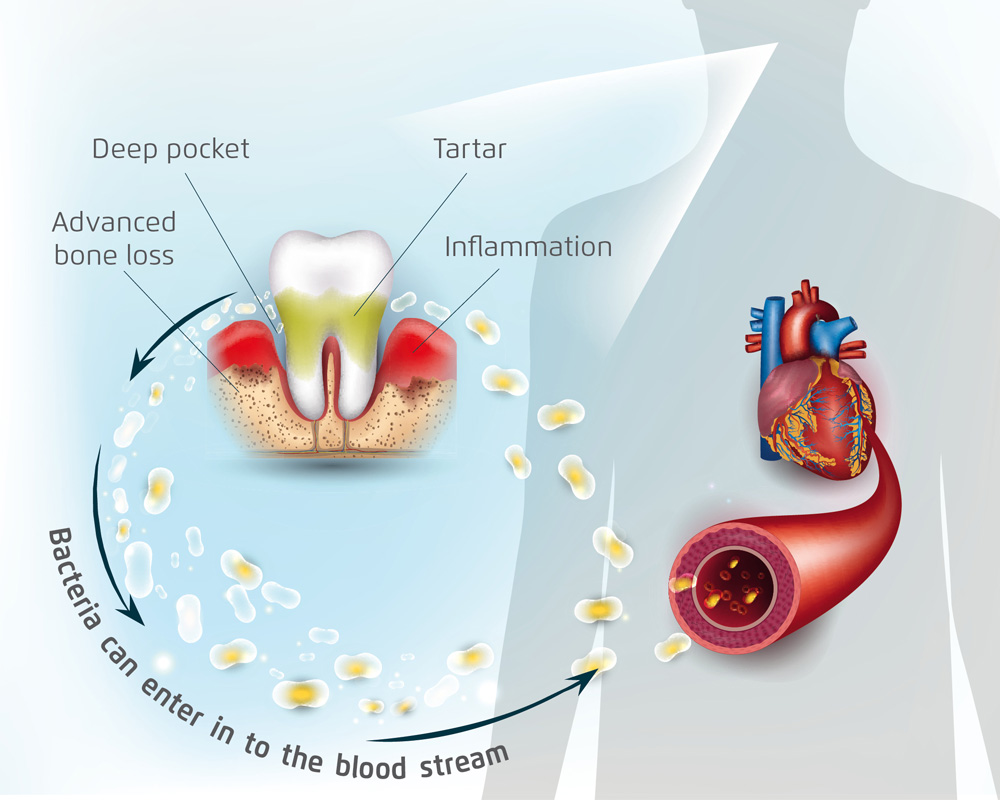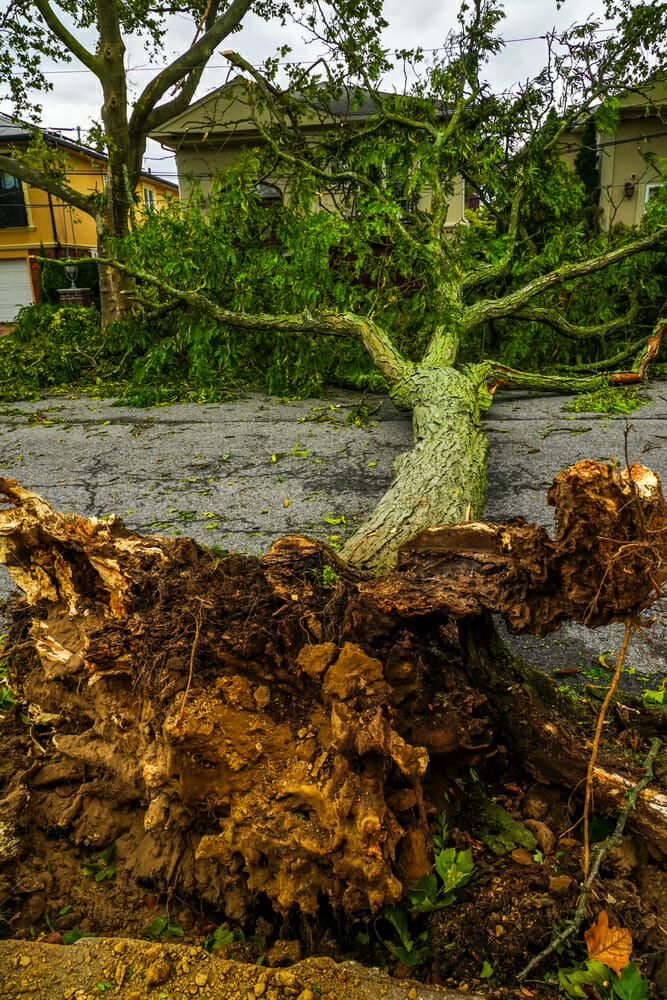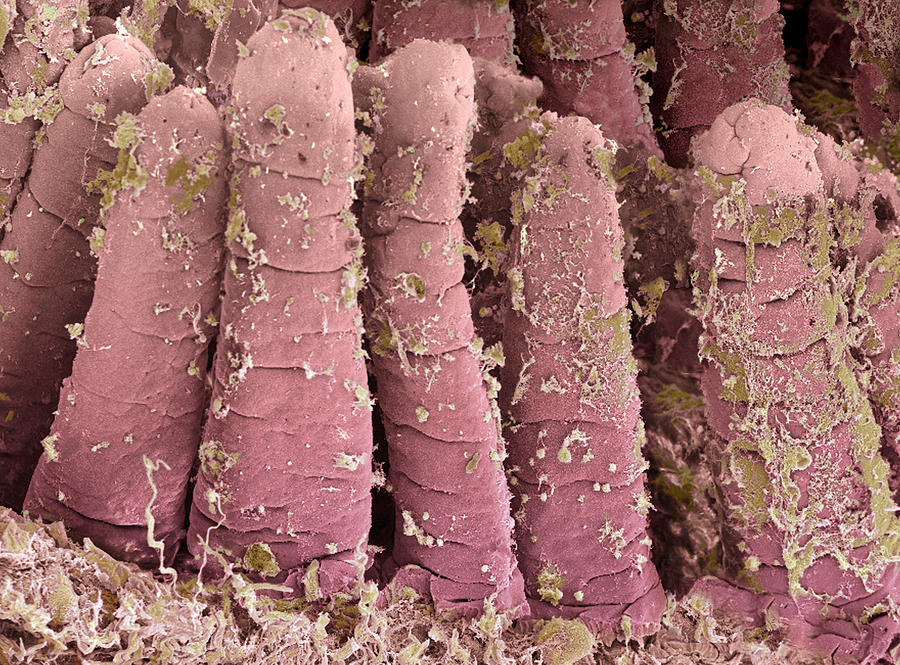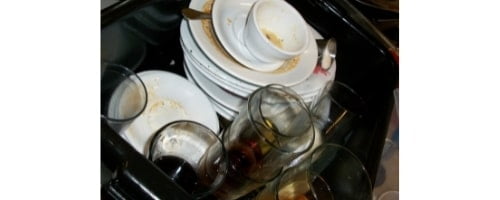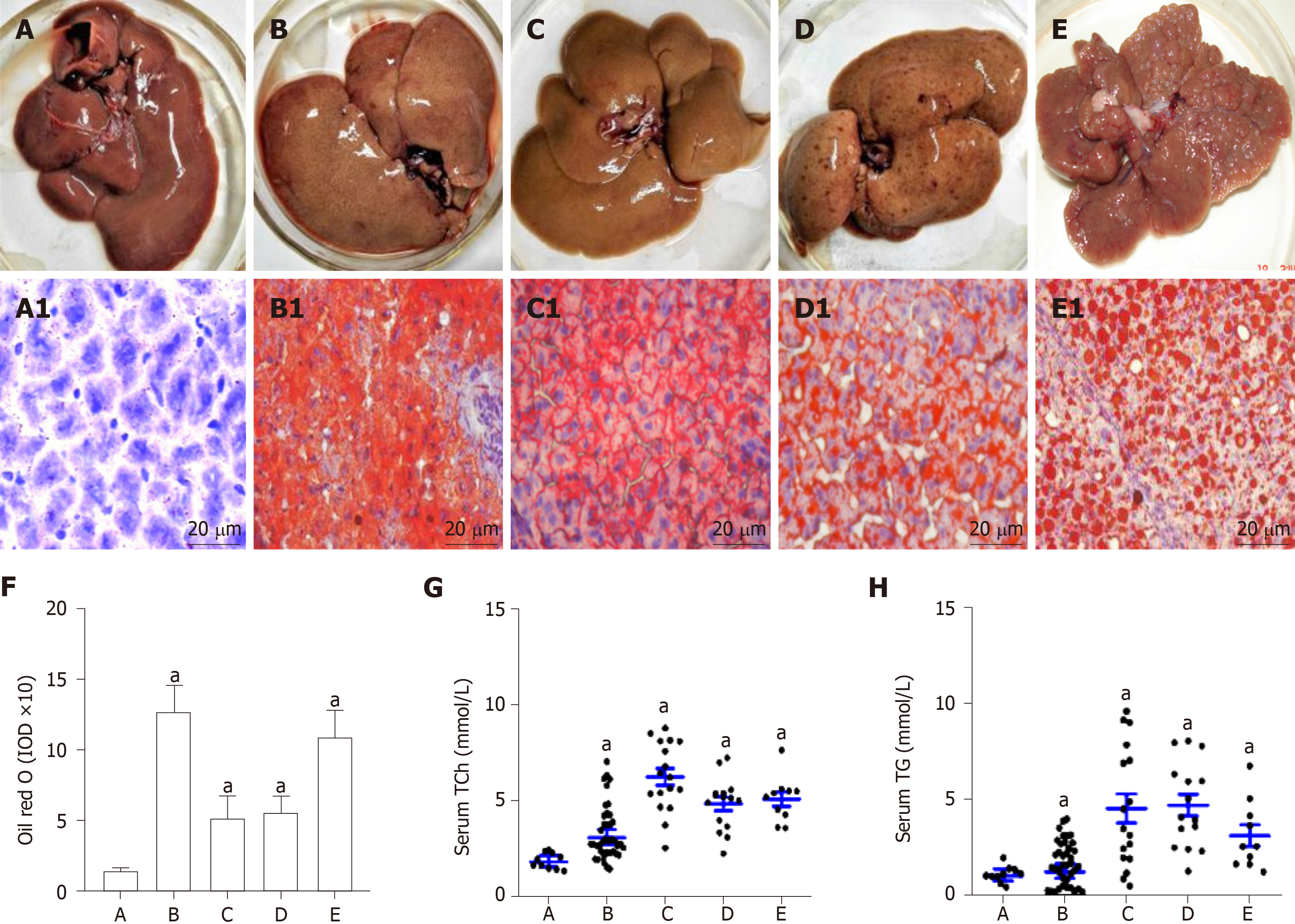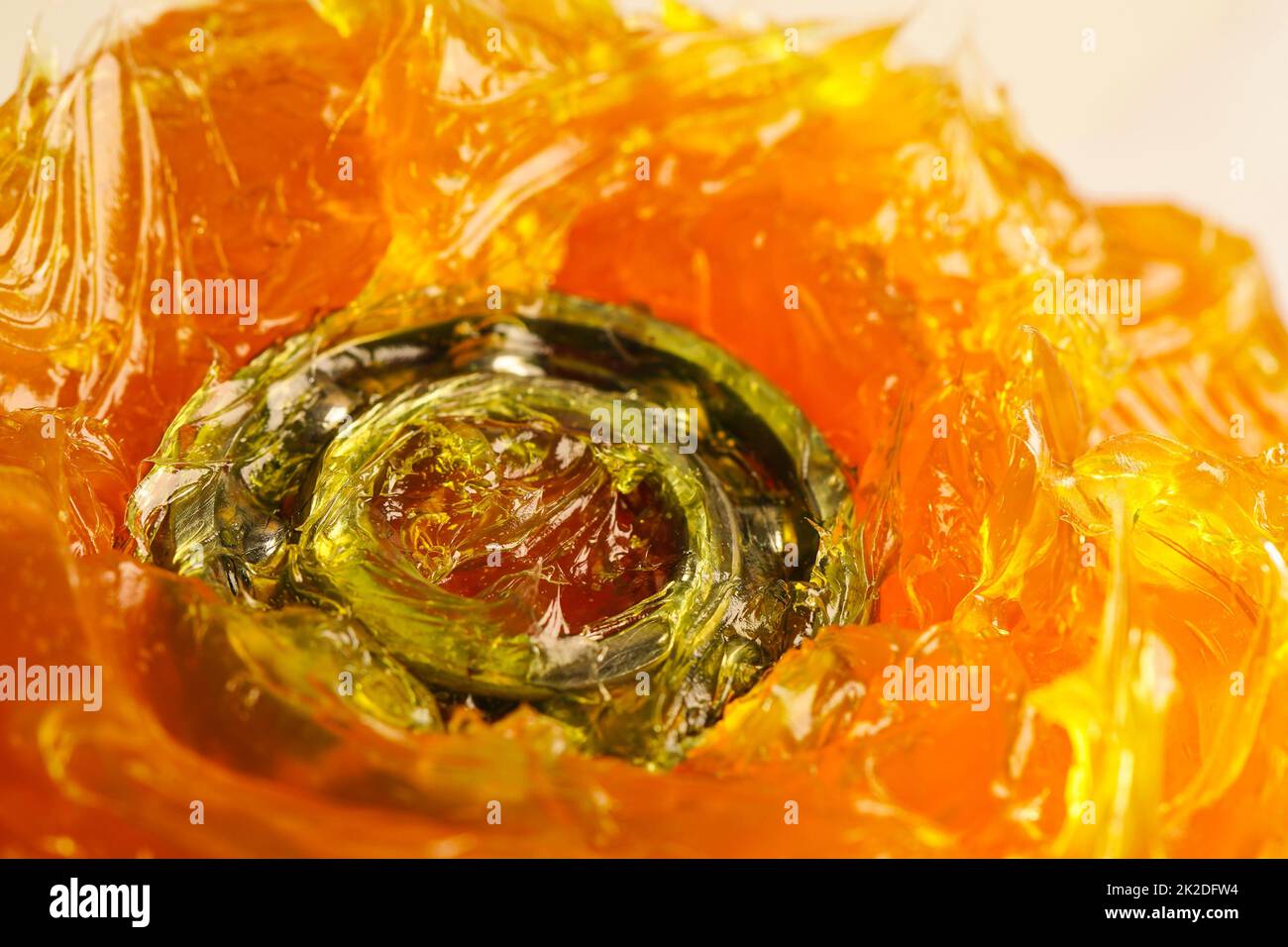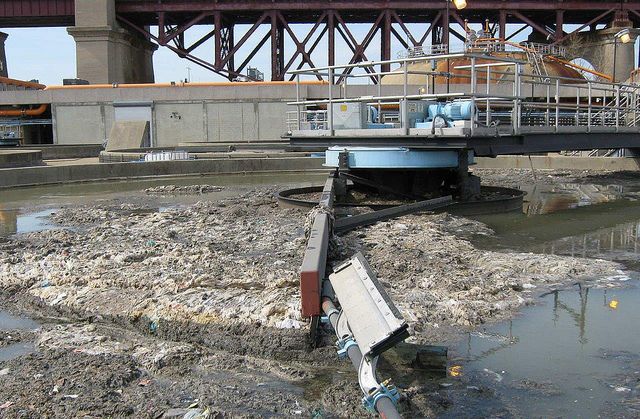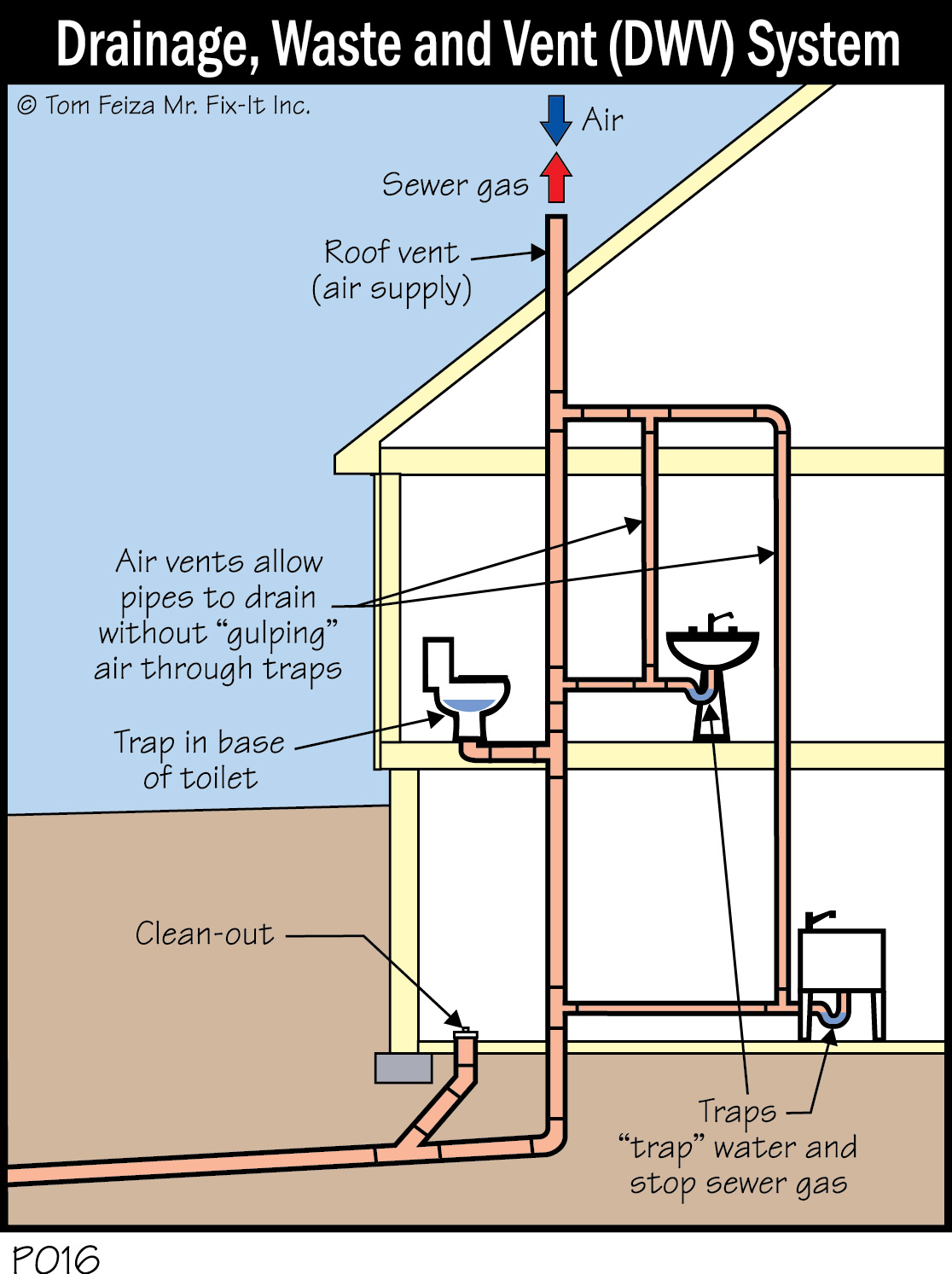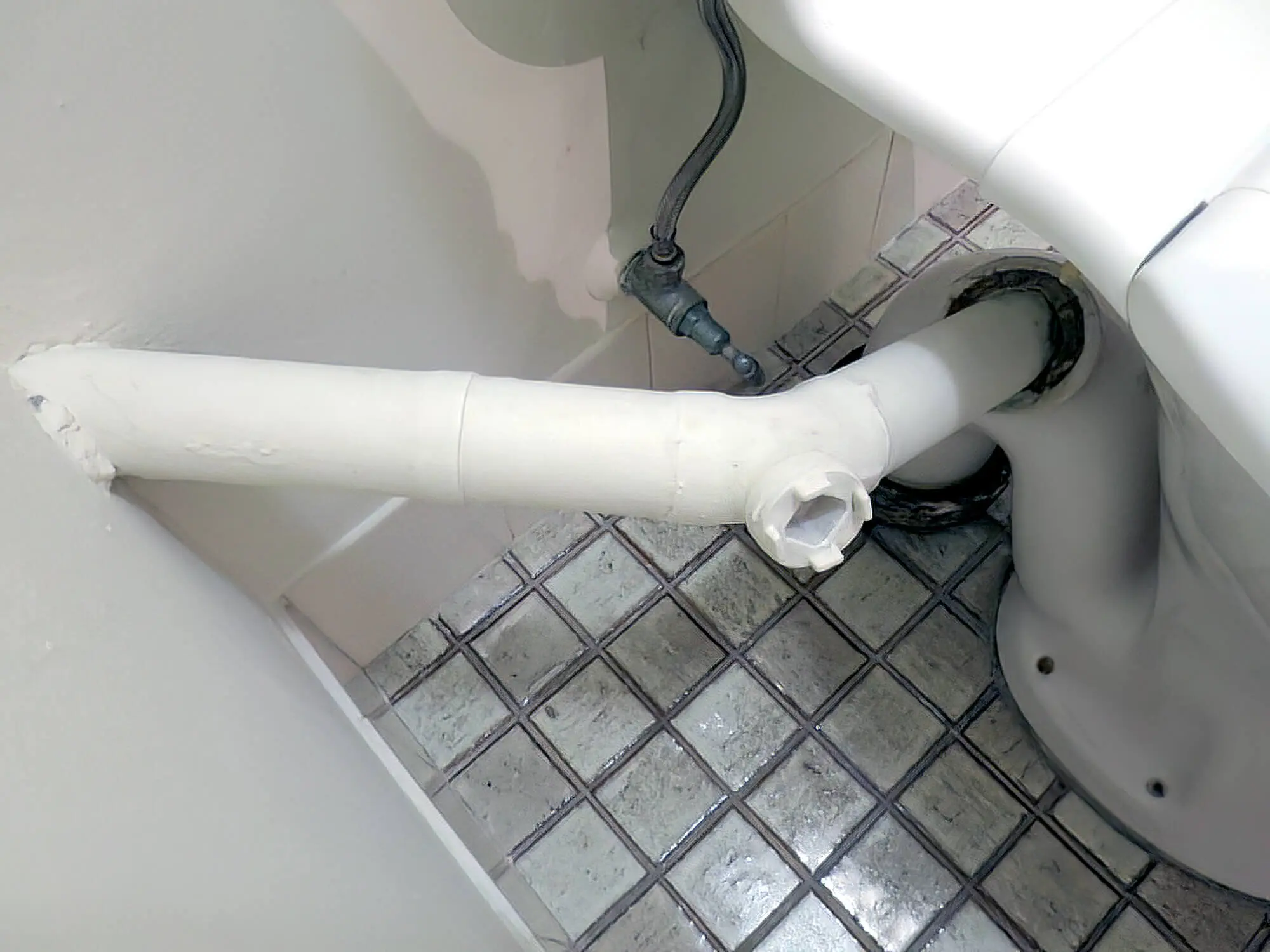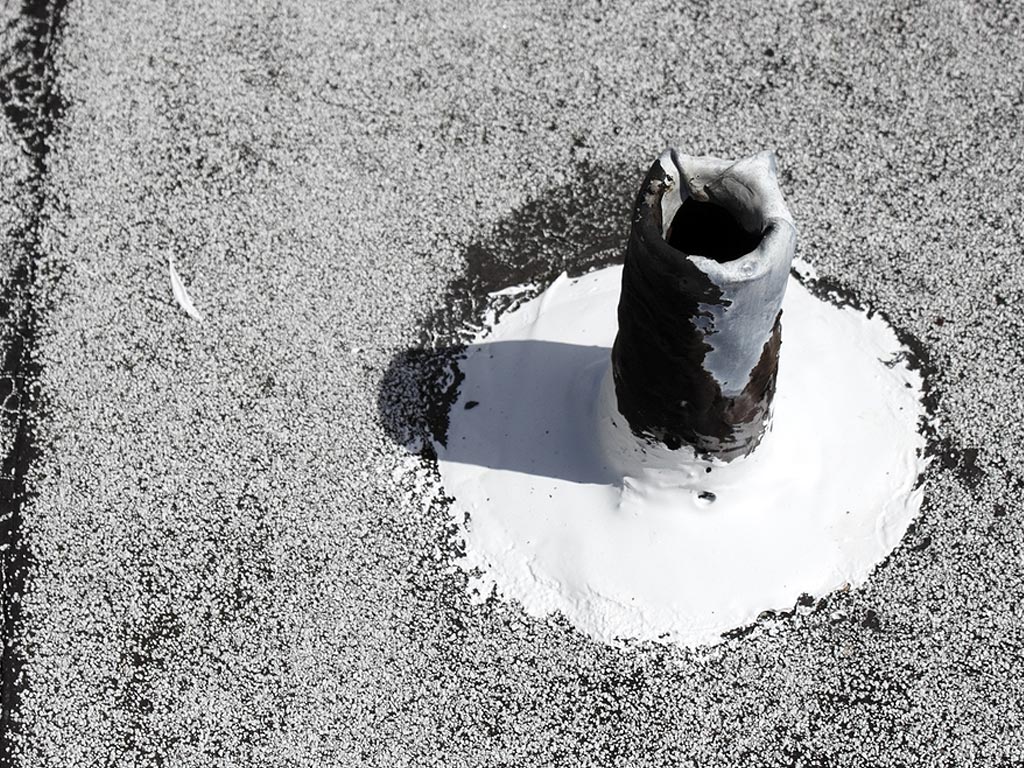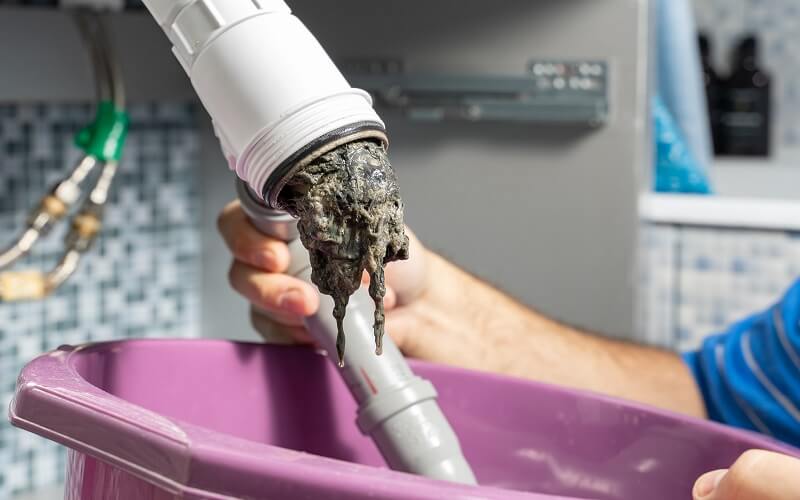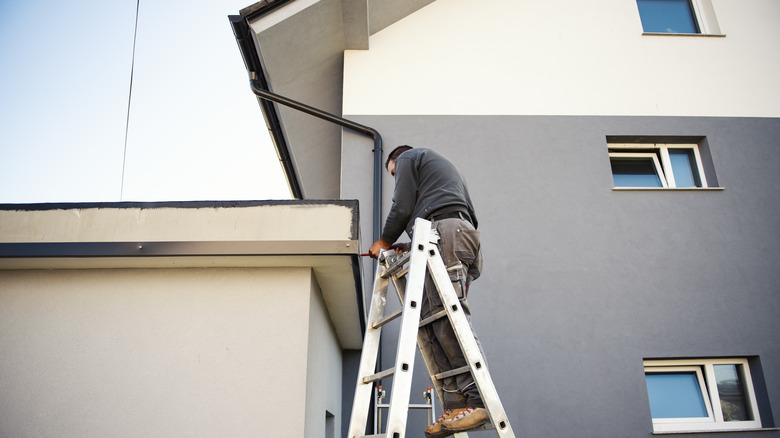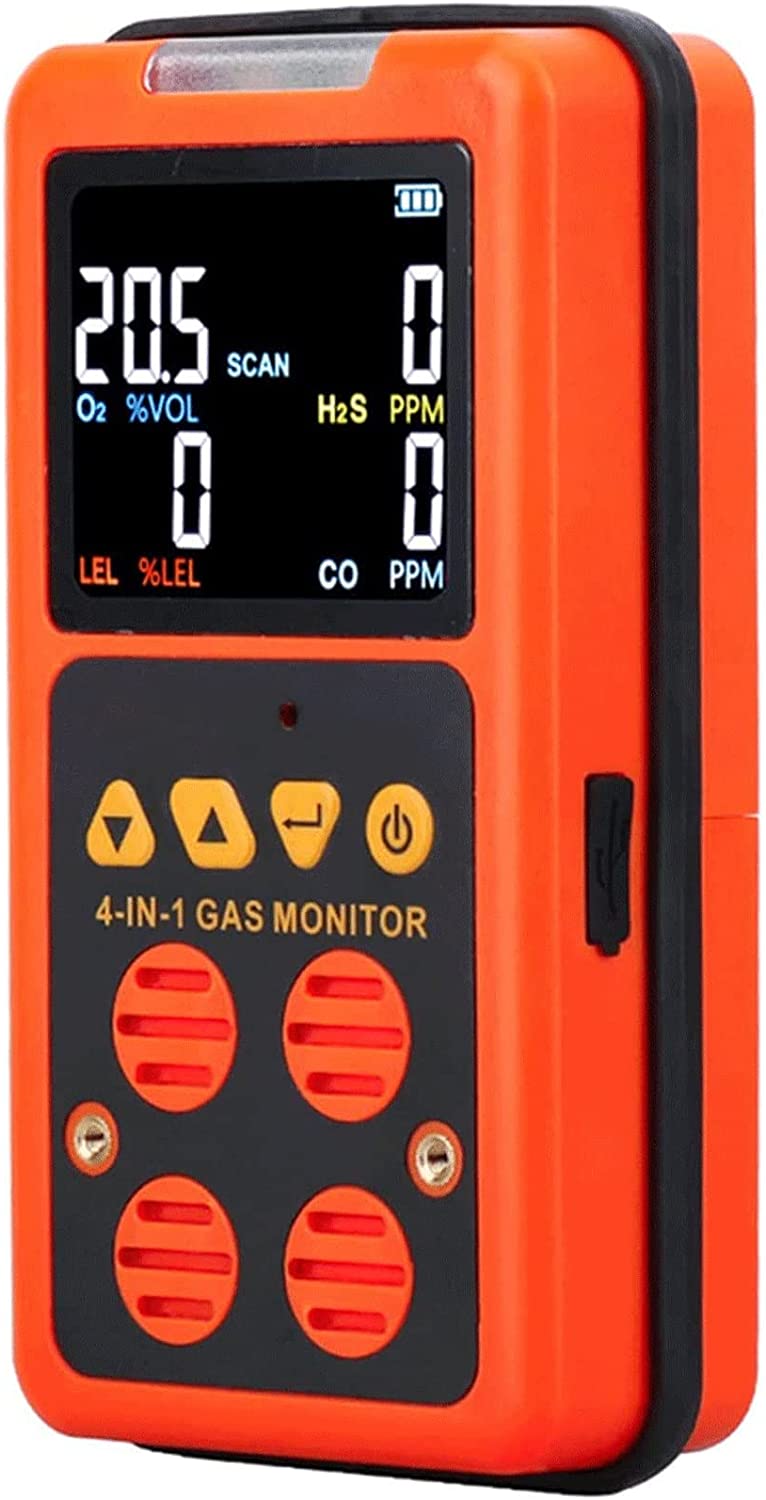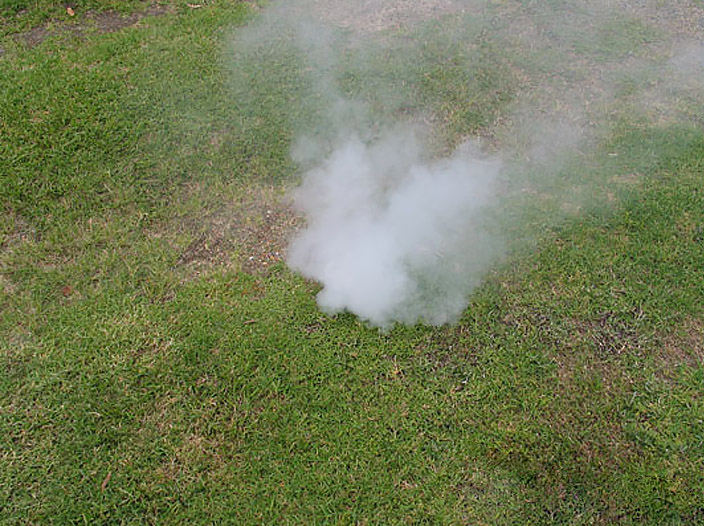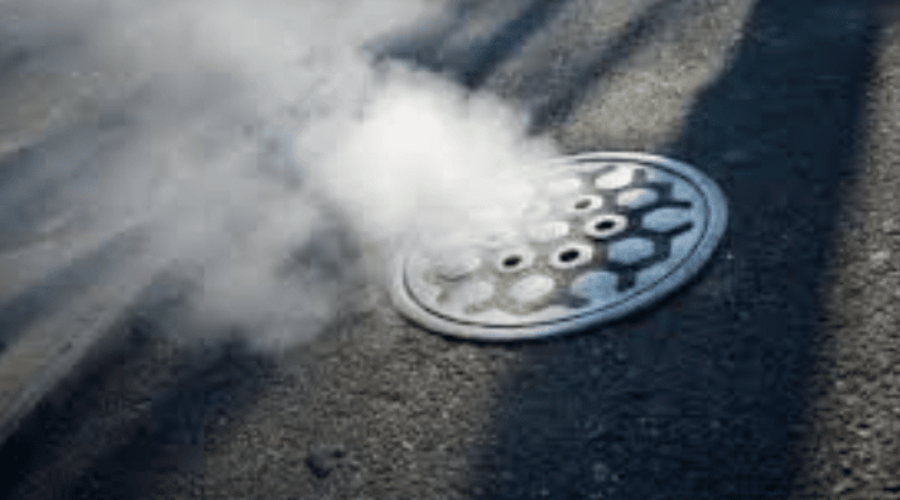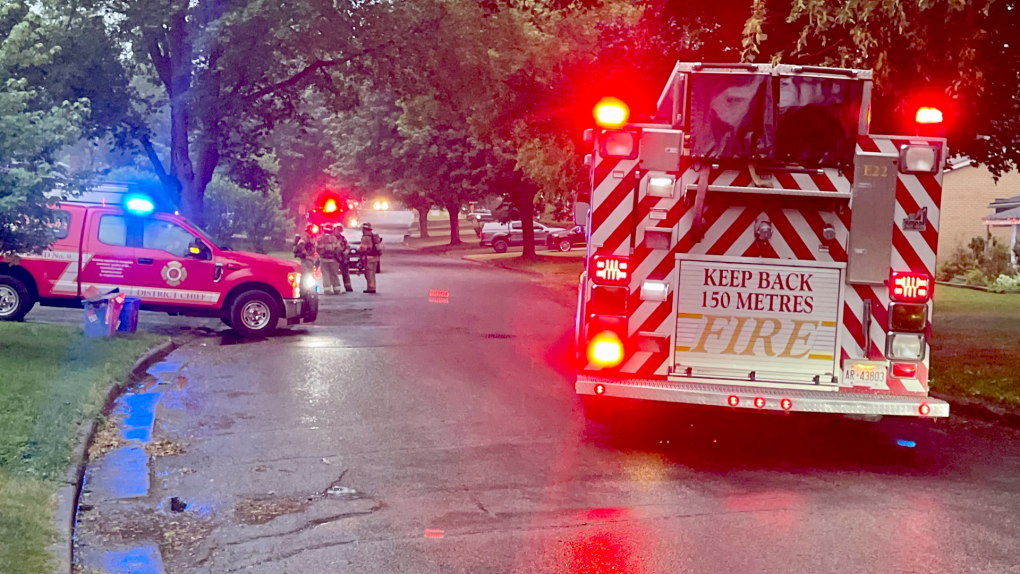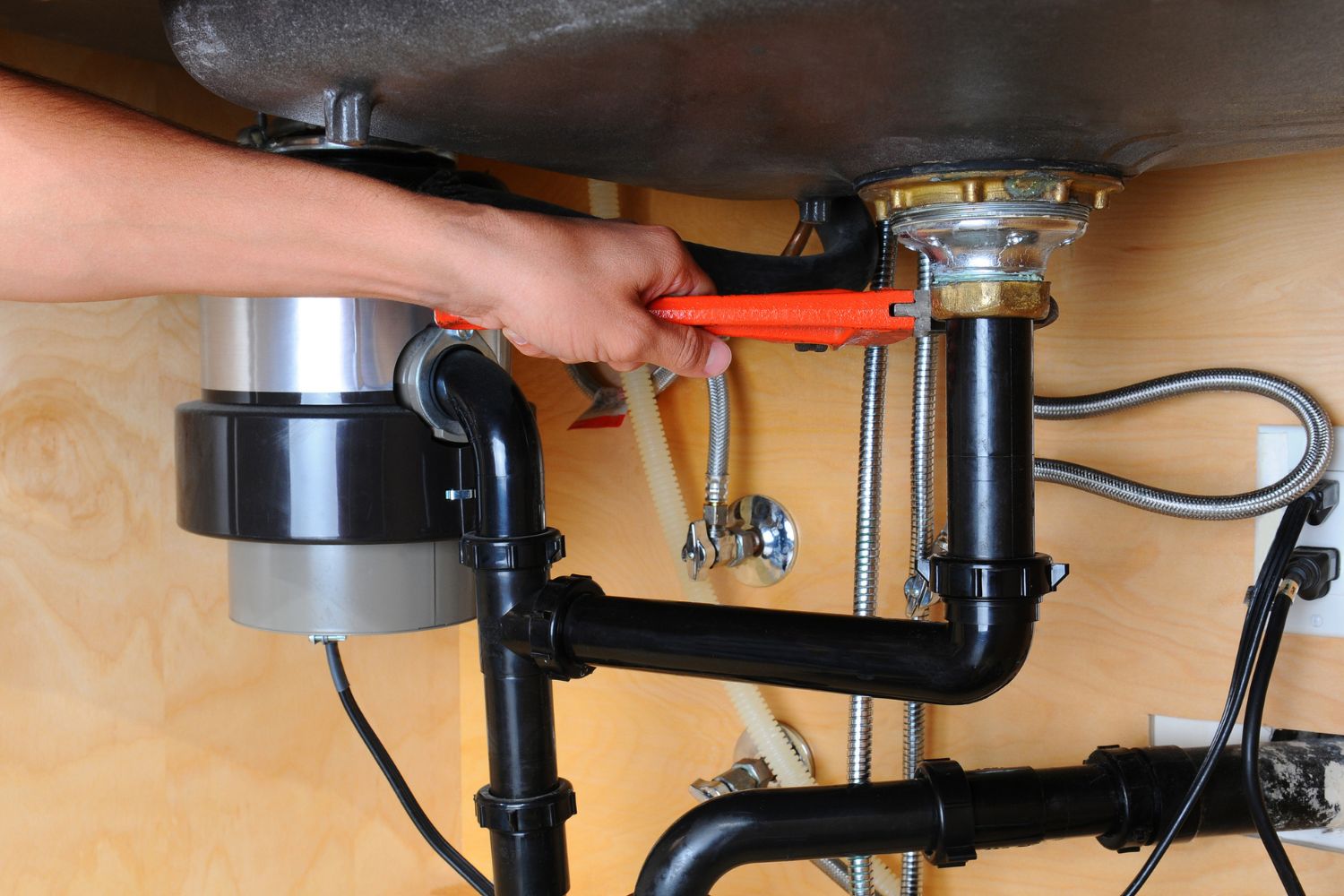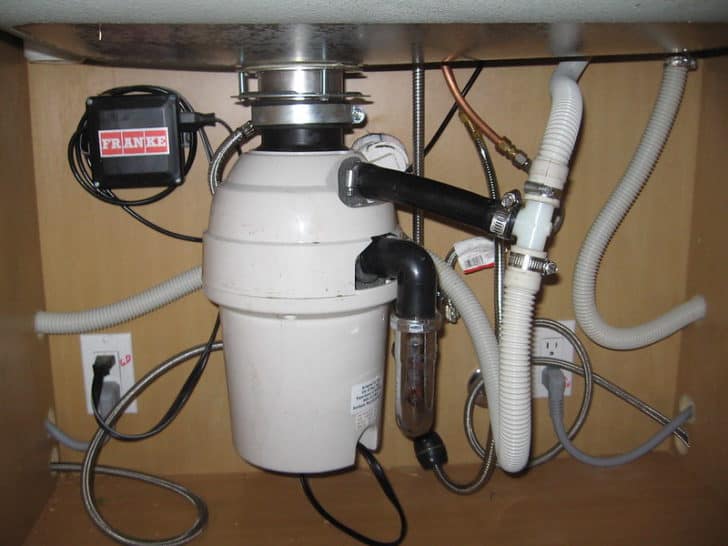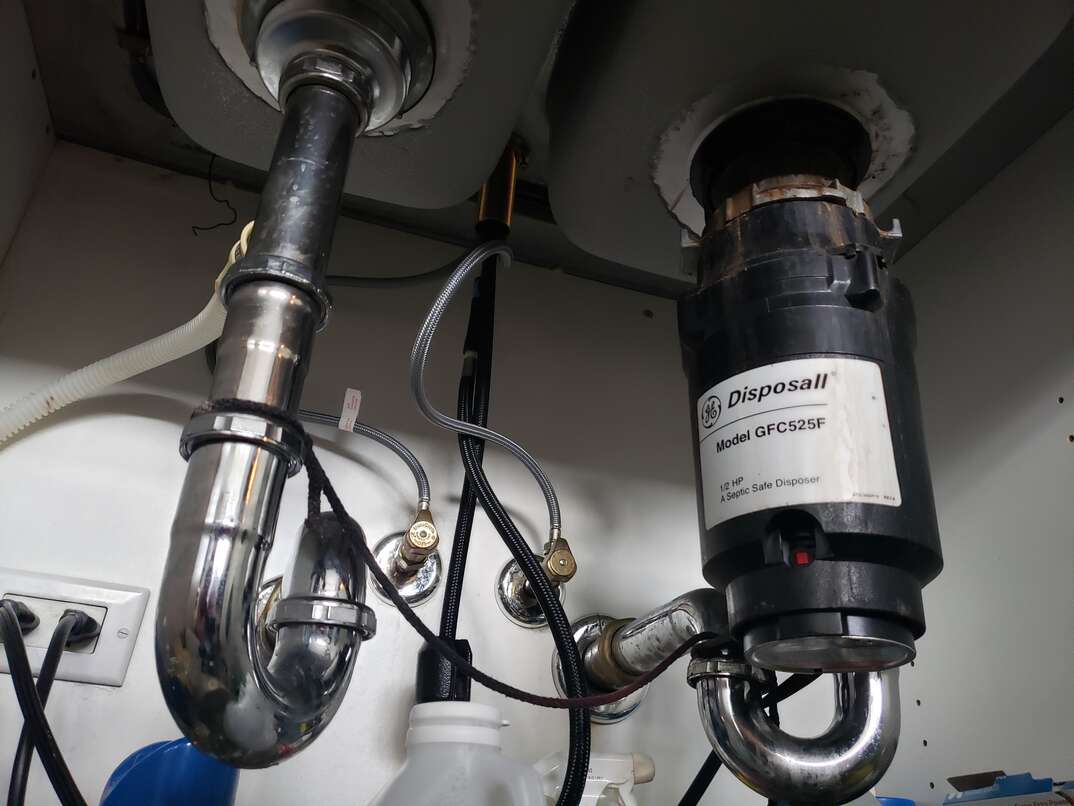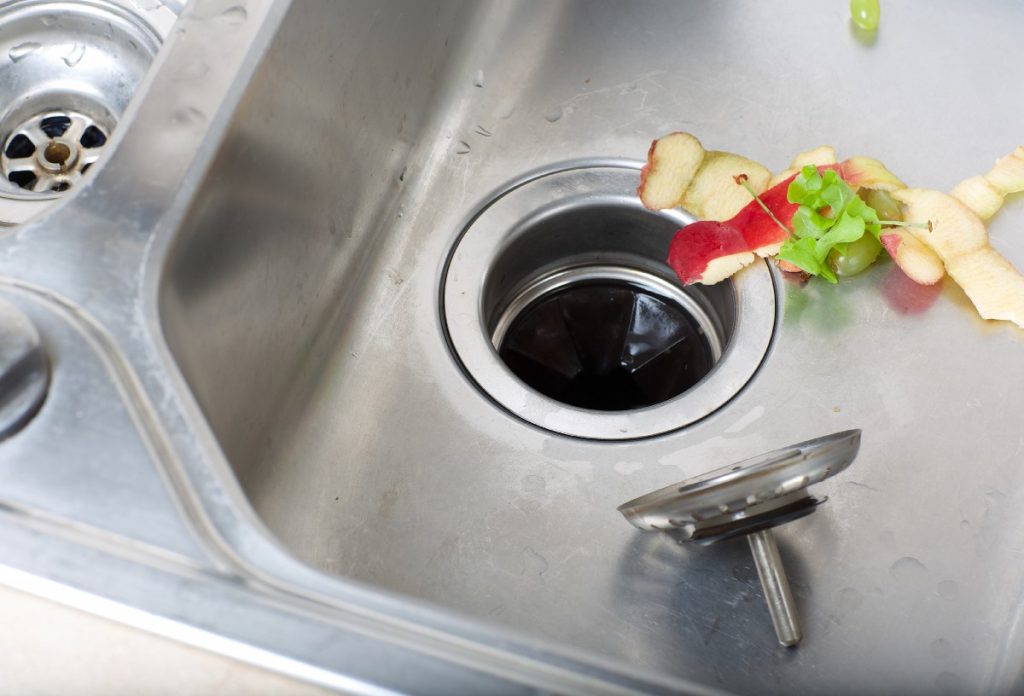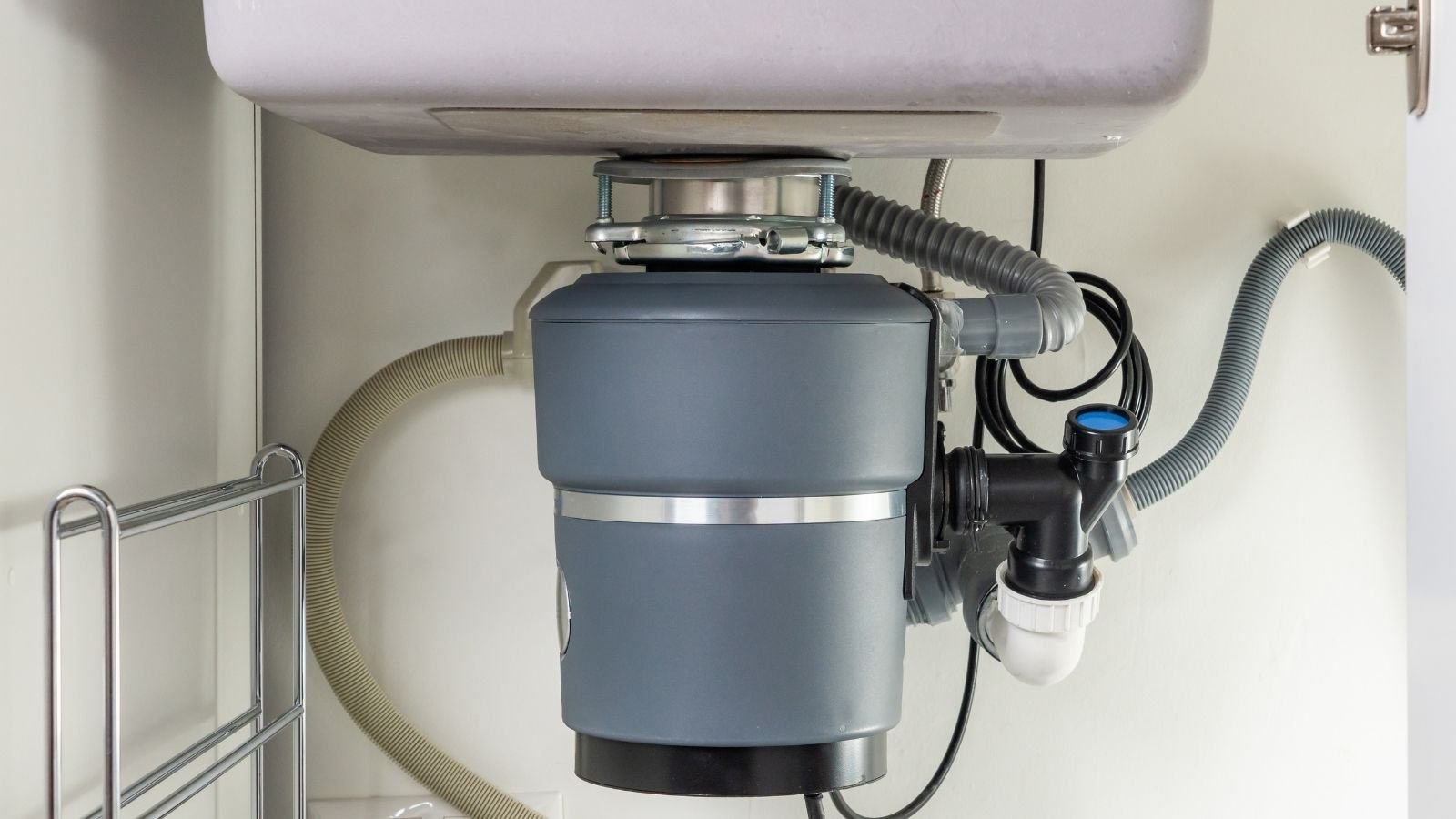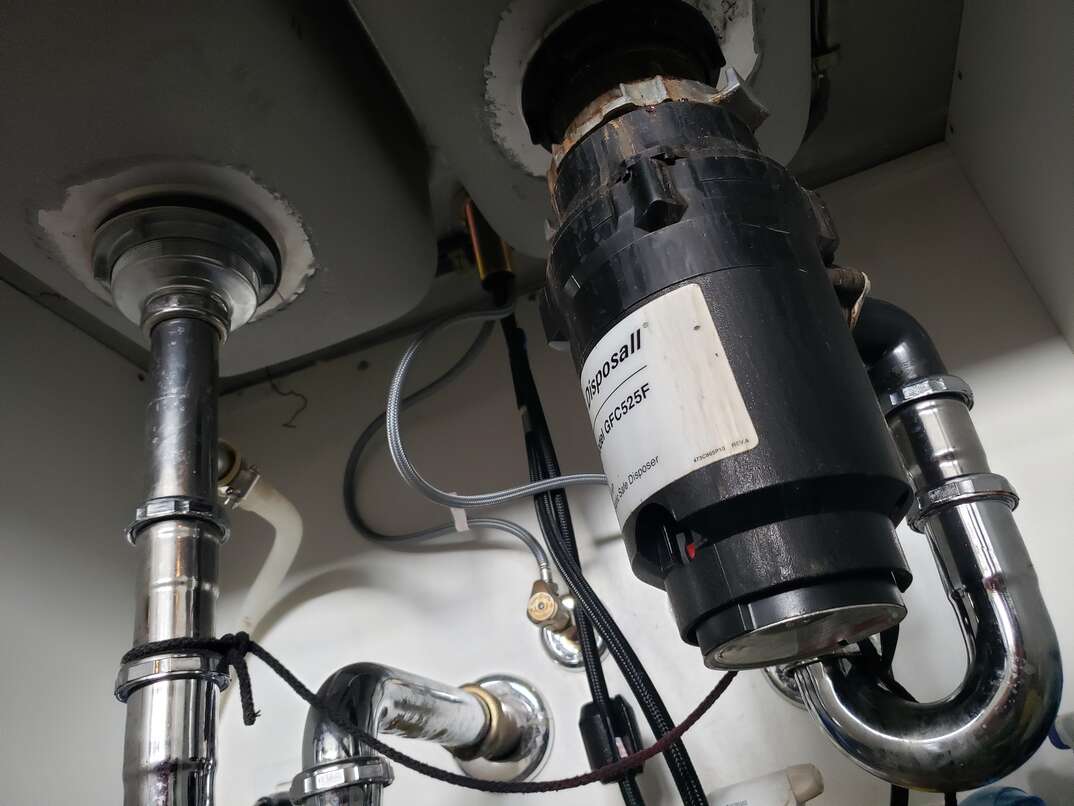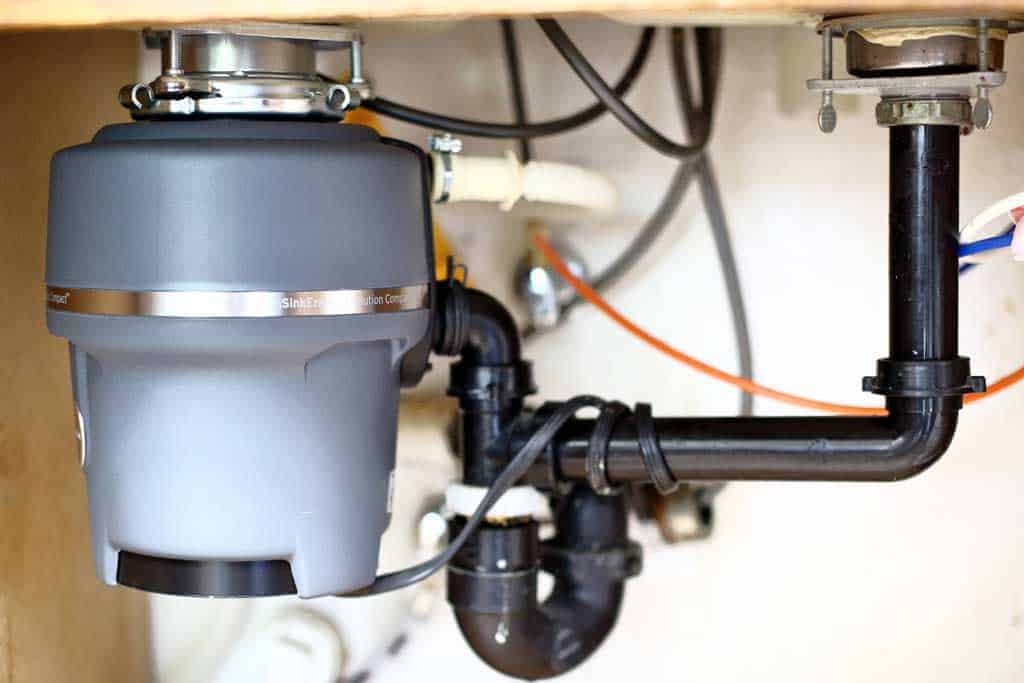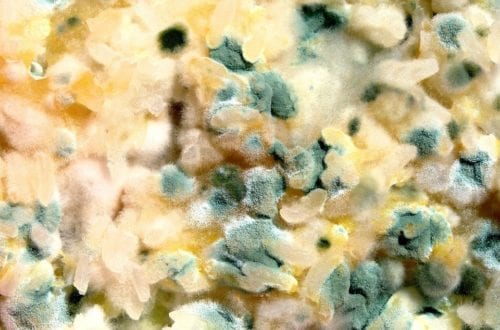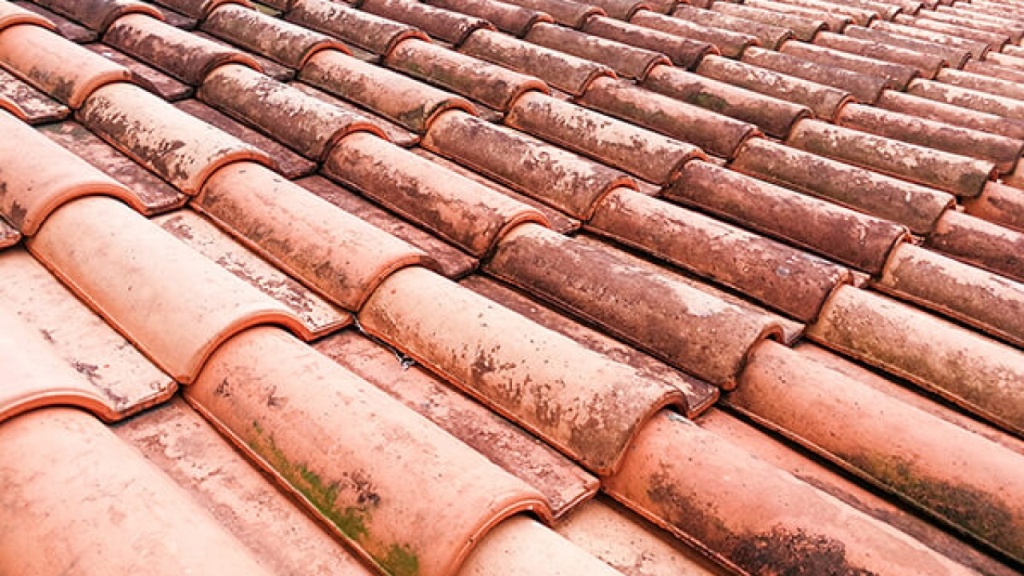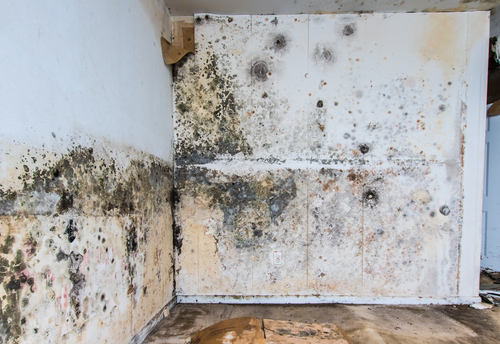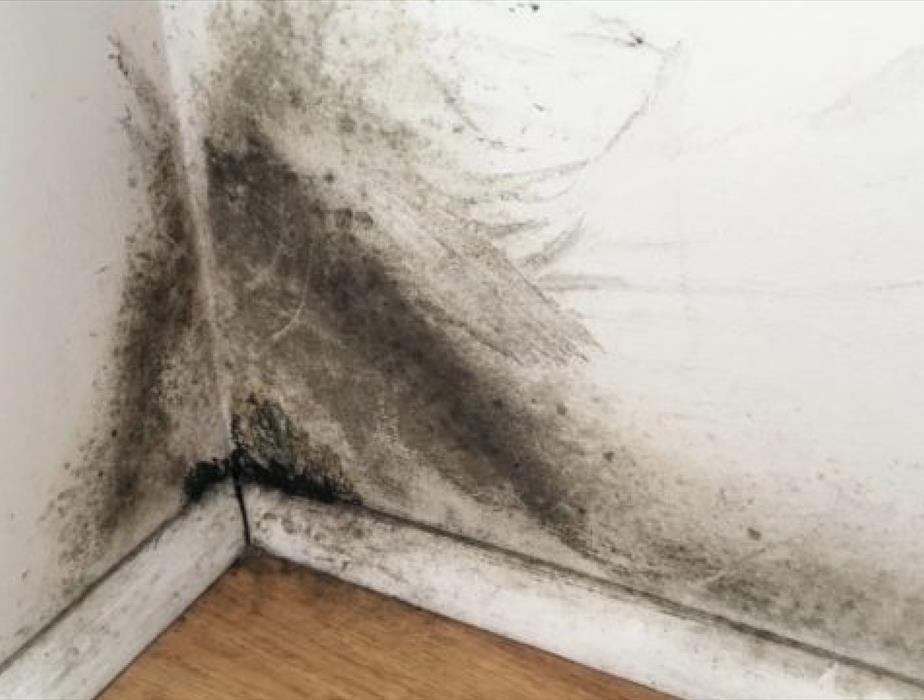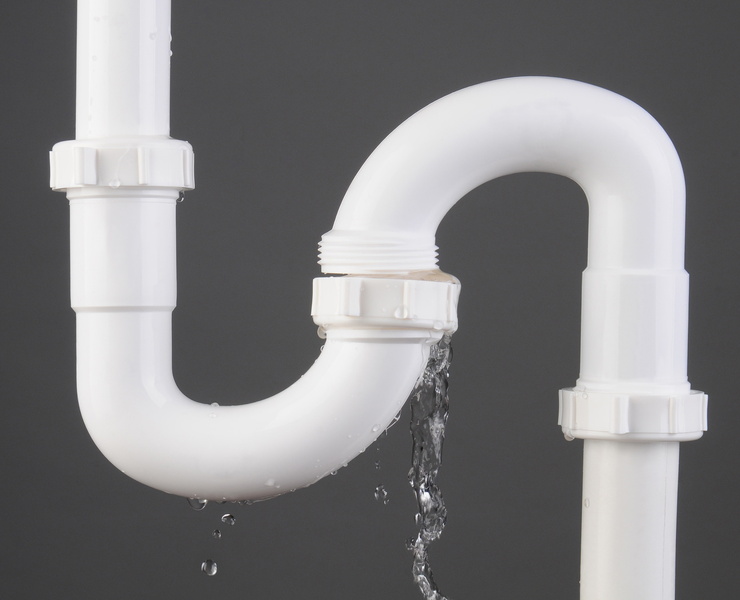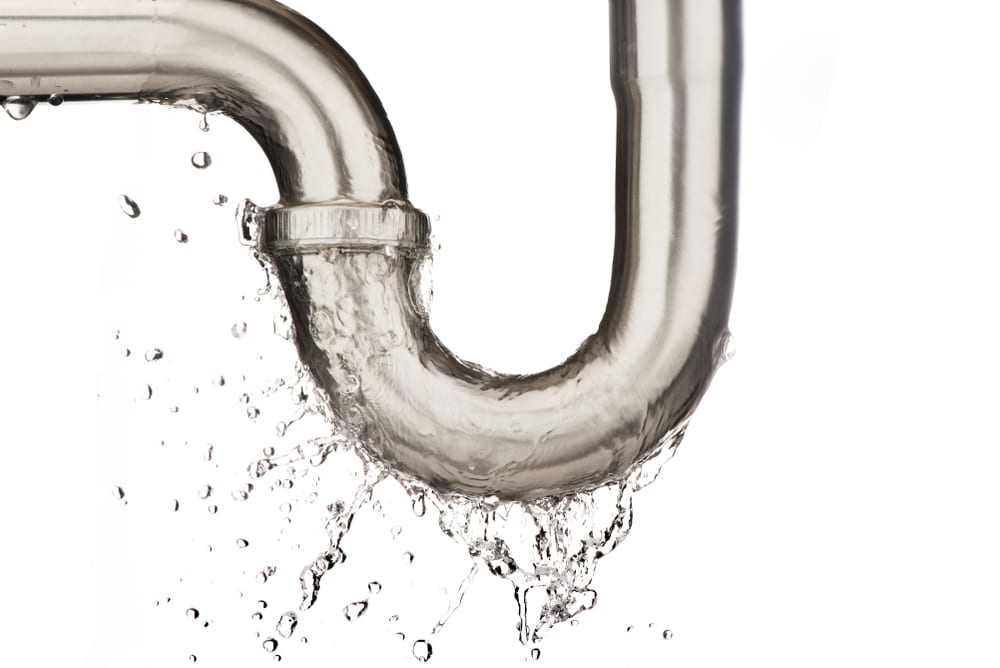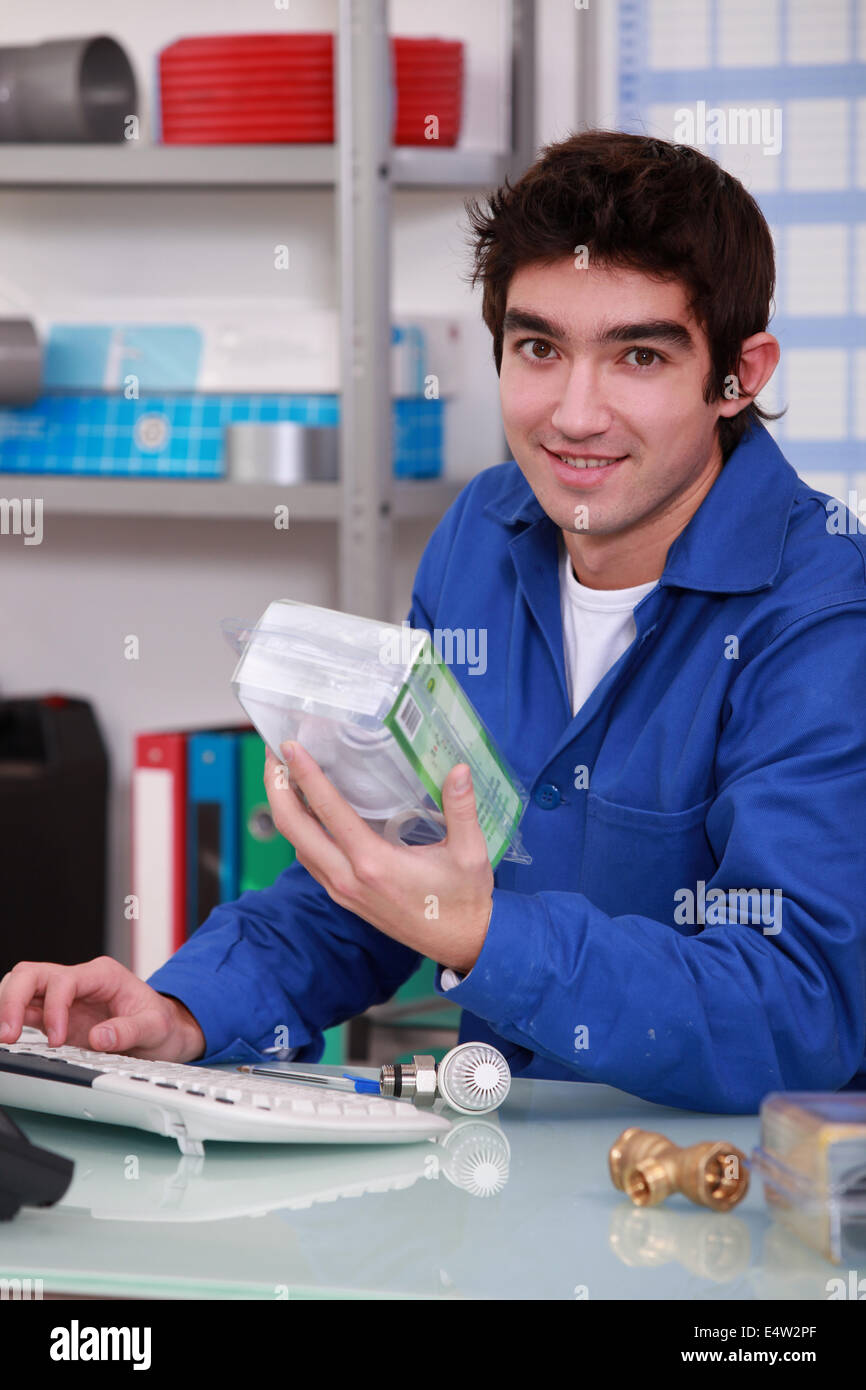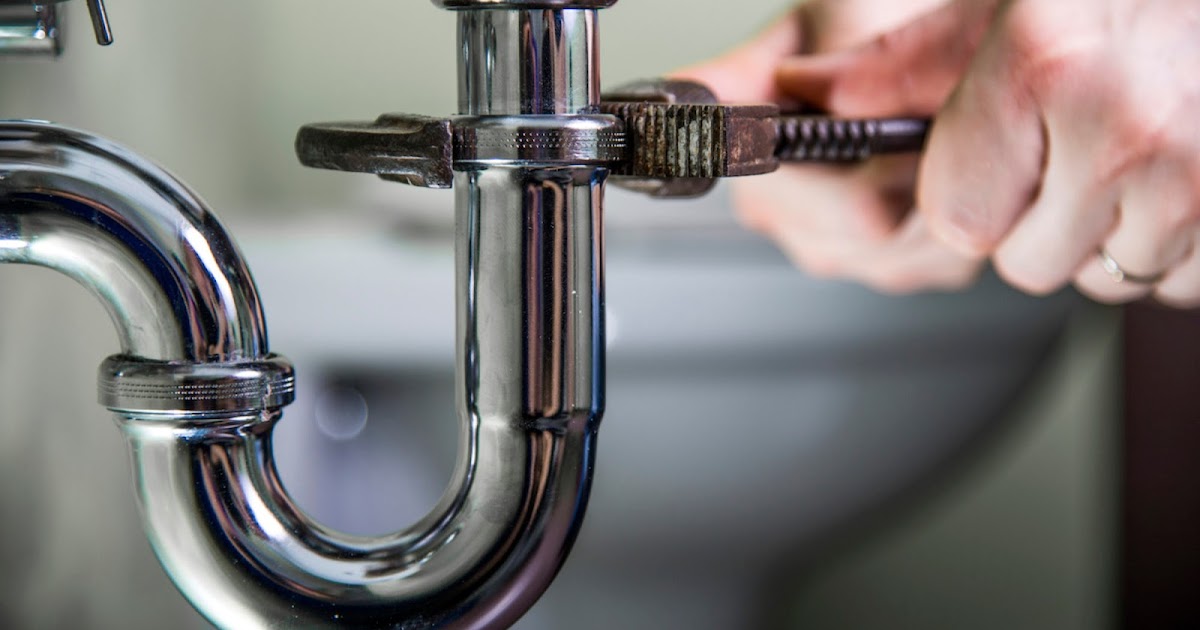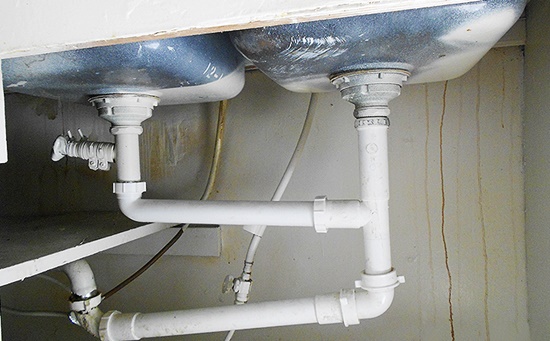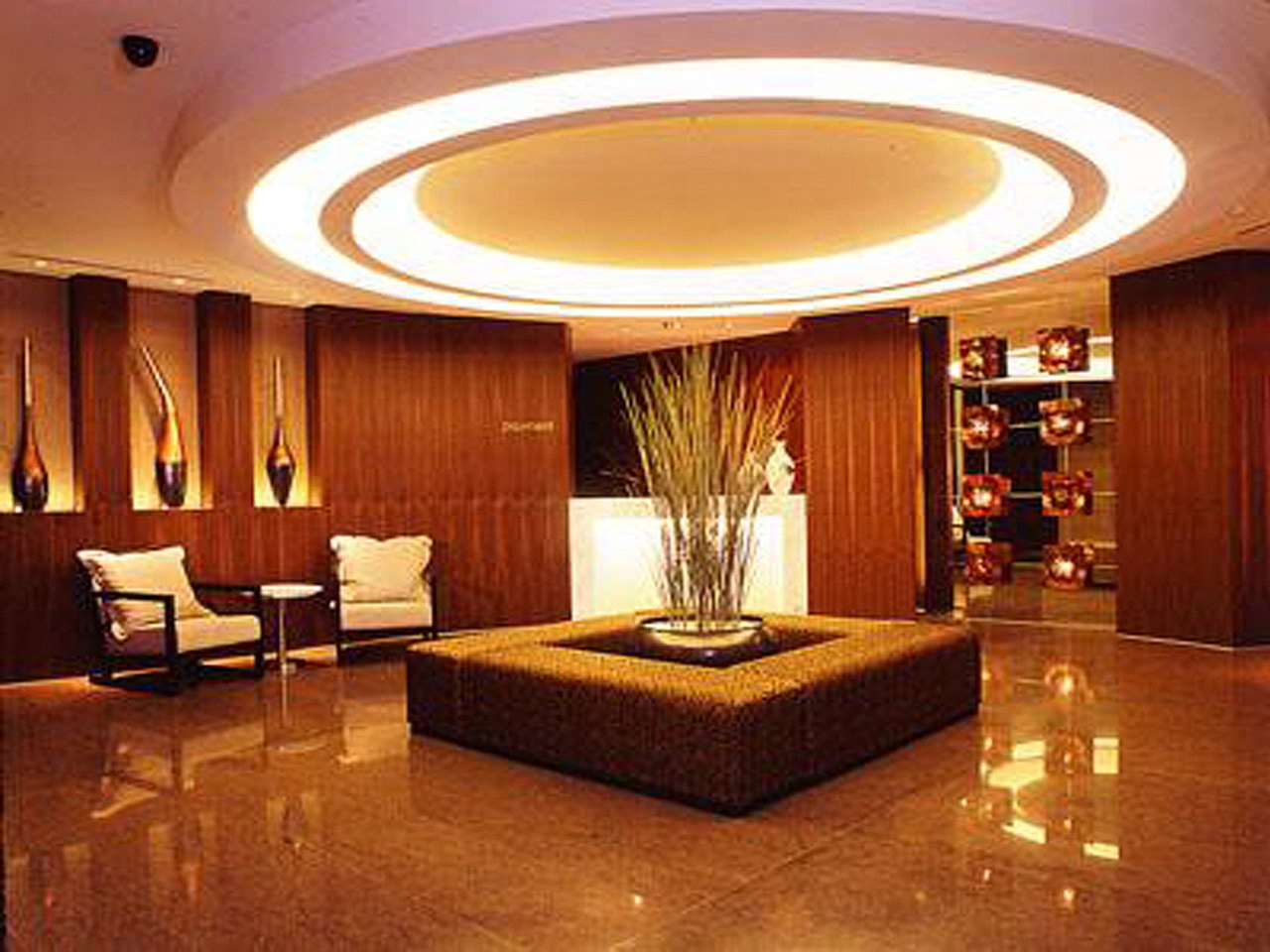There's nothing worse than walking into your kitchen and being hit with a pungent, unpleasant odor. If you've noticed a foul smell coming from your kitchen sink, it's important to address it as soon as possible. Not only can it be a nuisance, but it could also be a sign of a bigger issue. Here are the top 10 reasons why your kitchen sink may be emitting an unpleasant smell.Top 10 Reasons for a Foul Smell Coming from Your Kitchen Sink
One of the most common reasons for a smelly kitchen sink is a clogged drain. Over time, debris such as food particles, hair, and soap scum can build up in your drain, creating a blockage. As a result, water and waste can't flow freely, leading to a foul odor. If you suspect a clogged drain, try using a plunger or a drain snake to clear the blockage.1. Clogged Drain
Bacteria thrive in dark, damp environments, making your kitchen sink a perfect breeding ground. Over time, bacteria can build up in your sink, especially if it's not regularly cleaned. This can lead to a strong, unpleasant odor. To combat bacteria buildup, regularly clean your sink with hot water and soap, and use a disinfectant cleaner to kill any lingering bacteria.2. Bacteria Buildup
Food particles can easily get stuck in your kitchen sink drain and start to rot, causing a foul smell. This is especially common if you don't have a garbage disposal or if you regularly pour cooking oil or grease down your sink. Make sure to properly dispose of food scraps and avoid pouring oil or grease down your drain to prevent this issue.3. Food Debris
Speaking of grease, it can also accumulate in your drain and cause a nasty smell. As grease cools, it solidifies and can stick to the walls of your pipes, trapping food particles and causing a blockage. To prevent this, avoid pouring grease down your drain and regularly flush it with hot water to keep it from solidifying.4. Grease Accumulation
The vent pipe is responsible for releasing sewer gas from your plumbing system. If it becomes blocked, the gas can't escape and can cause a foul smell in your kitchen sink. This is a more serious issue that will require the help of a professional plumber to fix.5. Blocked Vent Pipe
If you smell a rotten egg or sulfur-like odor coming from your kitchen sink, it could be a sign of a sewer gas leak. Sewer gas is a mix of toxic and flammable gases and can be harmful to your health. If you suspect a sewer gas leak, it's important to call a plumber immediately to address the issue.6. Sewer Gas Leak
If your kitchen sink is equipped with a garbage disposal, it could be the source of the foul smell. Over time, food particles can get stuck in the blades and rot, causing a putrid odor. If your garbage disposal is old and not functioning properly, it may be time to replace it.7. Old Garbage Disposal
If your kitchen sink is constantly wet and not properly ventilated, it can become a breeding ground for mold. Mold thrives in moist environments and can cause a musty, unpleasant smell. To prevent mold growth, make sure to properly dry your sink after each use and regularly clean it with a mold-killing cleaner.8. Mold Growth
The P-trap is a curved pipe under your sink that traps debris and prevents it from entering your plumbing system. If it becomes damaged or broken, it can lead to a foul smell coming from your sink. This is another issue that will require the help of a professional plumber to fix.9. Broken P-Trap
Why is There a Smell Coming From Your Kitchen Sink?

The Importance of Proper Plumbing in House Design
 When designing a house, one of the most important aspects to consider is the plumbing system. This system is responsible for supplying clean water and removing waste from the house. However, if not designed and maintained properly, it can lead to various issues, one of which is the unpleasant smell coming from the kitchen sink.
Blocked Drainage System
The main reason for the smell coming from your kitchen sink is a blocked drainage system. Over time, grease, food particles, and other debris can build up in the pipes, causing a blockage. This blockage not only causes a foul smell but also disrupts the flow of water, leading to slow draining and potential backups.
Leaking Pipes
Another common cause of a foul smell from the kitchen sink is leaking pipes. This can be due to old or damaged pipes, loose connections, or even cracks in the pipes. When water leaks out, it can create a stagnant pool that produces a musty odor. This not only affects the kitchen sink but can also spread to other areas of the house.
Improper Ventilation
Proper ventilation is crucial in a plumbing system as it allows sewer gases to escape and prevents them from entering the house. If the ventilation system is not functioning properly, these gases can build up and cause a foul smell in the kitchen sink. This can also lead to health hazards, as these gases can contain harmful bacteria.
When designing a house, one of the most important aspects to consider is the plumbing system. This system is responsible for supplying clean water and removing waste from the house. However, if not designed and maintained properly, it can lead to various issues, one of which is the unpleasant smell coming from the kitchen sink.
Blocked Drainage System
The main reason for the smell coming from your kitchen sink is a blocked drainage system. Over time, grease, food particles, and other debris can build up in the pipes, causing a blockage. This blockage not only causes a foul smell but also disrupts the flow of water, leading to slow draining and potential backups.
Leaking Pipes
Another common cause of a foul smell from the kitchen sink is leaking pipes. This can be due to old or damaged pipes, loose connections, or even cracks in the pipes. When water leaks out, it can create a stagnant pool that produces a musty odor. This not only affects the kitchen sink but can also spread to other areas of the house.
Improper Ventilation
Proper ventilation is crucial in a plumbing system as it allows sewer gases to escape and prevents them from entering the house. If the ventilation system is not functioning properly, these gases can build up and cause a foul smell in the kitchen sink. This can also lead to health hazards, as these gases can contain harmful bacteria.
Take Action for a Smell-Free Kitchen Sink
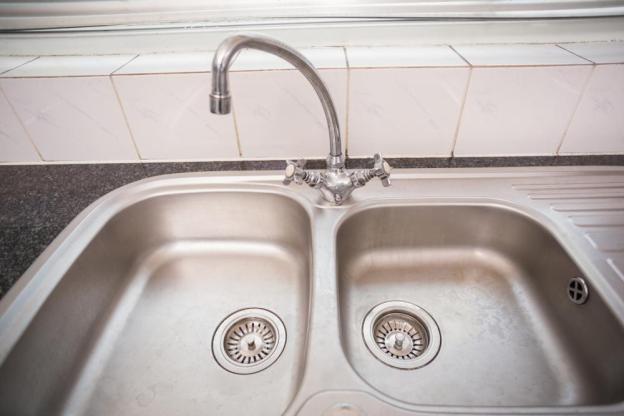 To get rid of the smell coming from your kitchen sink, it is important to address the root cause. This may involve unclogging the drain, repairing or replacing leaking pipes, or fixing any ventilation issues. Regular maintenance and proper disposal of food scraps can also prevent future blockages and foul odors.
In conclusion, a well-designed and maintained plumbing system is crucial in ensuring a pleasant and healthy living environment. If you are experiencing a smell coming from your kitchen sink, it is important to address it promptly to avoid potential health hazards and disruptions in your daily routine. Remember to consult a professional plumber for any major plumbing issues and always practice proper maintenance habits to prevent future problems.
To get rid of the smell coming from your kitchen sink, it is important to address the root cause. This may involve unclogging the drain, repairing or replacing leaking pipes, or fixing any ventilation issues. Regular maintenance and proper disposal of food scraps can also prevent future blockages and foul odors.
In conclusion, a well-designed and maintained plumbing system is crucial in ensuring a pleasant and healthy living environment. If you are experiencing a smell coming from your kitchen sink, it is important to address it promptly to avoid potential health hazards and disruptions in your daily routine. Remember to consult a professional plumber for any major plumbing issues and always practice proper maintenance habits to prevent future problems.

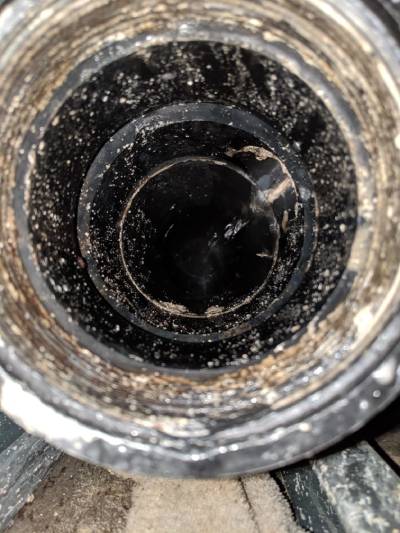






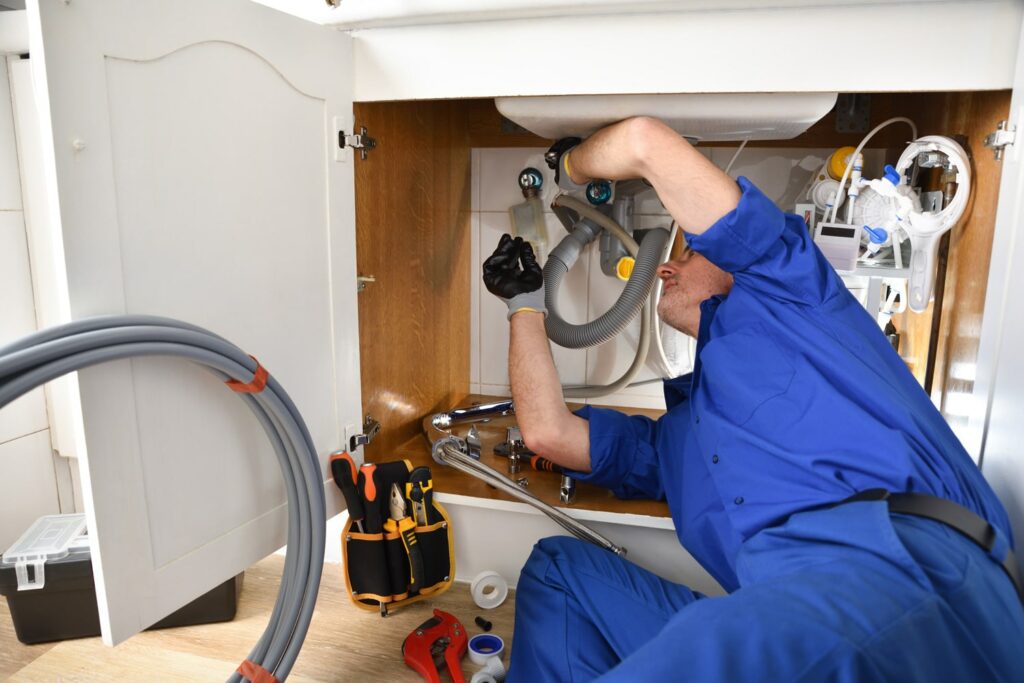


/cdn.vox-cdn.com/uploads/chorus_asset/file/19616741/drain_xl_0.jpg)

